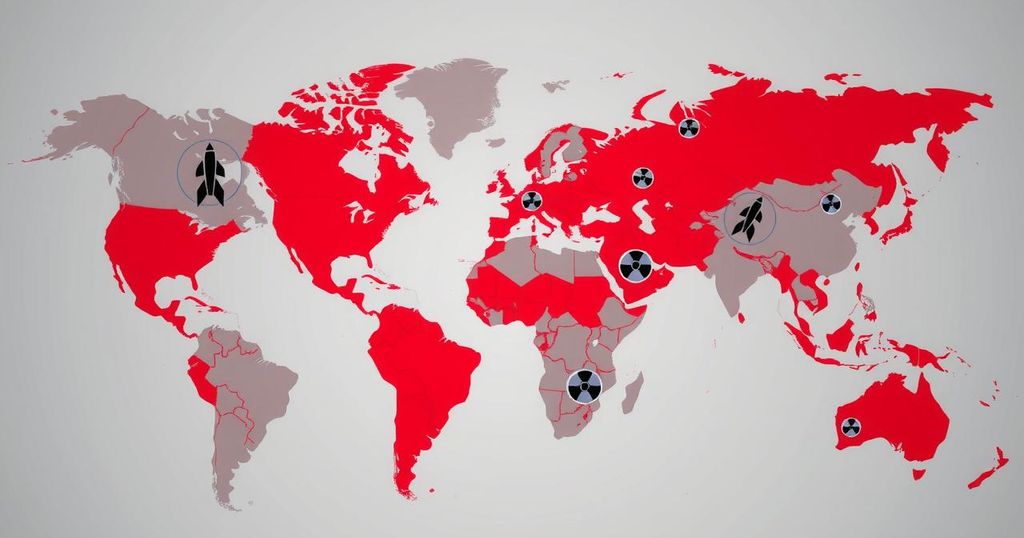Iran has issued warnings of possible retaliatory measures against the IAEA if an anti-Iran resolution is adopted during its upcoming board meeting. Behrouz Kamalvandi of AEOI hinted that this could involve significant changes in Iran’s cooperation with the IAEA, following claims of increased uranium enrichment. Concerns have escalated over the broader implications for nuclear negotiations and sanctions in response to these developments.
Iran is sounding alarm bells over potential action from the International Atomic Energy Agency (IAEA), particularly if an anti-Iran resolution is approved. This warning comes as the IAEA’s Board of Governors meeting is set for Monday. Behrouz Kamalvandi, spokesperson for the Atomic Energy Organization of Iran (AEOI), stated that Tehran would not sustain its “broad and friendly cooperation” with the agency if the resolution proceeds.
Kamalvandi mentioned how past warnings from Iran regarding IAEA resolutions went unheeded, resulting in a significant ramp-up of uranium enrichment. Specifically, he noted an increase in the production of enriched uranium to 60 percent, reportedly growing by sevenfold. The spokesman also pointed out that they have measures prepared in response to a resolution proposal, suggesting these will range from technical adjustments to changes in Iran’s engagement with the agency.
To clarify, he reiterated that Iran maintains it hasn’t enriched uranium above 60 percent and insisted the recent uptick resulted from technical circumstances rather than an escalation of its program. Kamalvandi underlined that Europe’s persistent drive for an IAEA resolution appears aimed at evoking a snapback of UN sanctions against Iran, which could further strain nuclear negotiations, especially between Iran and the U.S.
On social media, Iranian Foreign Minister Abbas Araghchi criticized the draft resolution being pushed by Britain, France, and Germany, branding their actions as a “strategic mistake”. He pointed to years of productive collaboration with the IAEA culminating in resolutions that addressed concerns over Iran’s nuclear intentions. Now, he argues, Iran is being accused of “non-compliance” again.
This comes on the heels of an IAEA report that indicated a concerning increase in Iran’s enriched uranium stockpile, with accusations of it nearing levels that could lead to nuclear weapons capability. Reportedly, as of May 17, Iran has about 408.6 kilograms of uranium enriched to 60 percent, marking a significant rise from previous figures.
Iran has refuted the IAEA’s conclusions, branding them politically influenced and biased, particularly in light of pressures from Europe. The regional dynamics surrounding Iran’s nuclear program remain tense and fraught with potential consequences depending on the IAEA’s decisions on Monday.
Iran’s warning of retaliatory measures highlights the increasing tensions between Tehran and the IAEA, particularly with a proposed anti-Iran resolution. The implications of a resolution could strain existing nuclear talks and potentially reignite sanctions on Iran. As both sides navigate these choppy waters, the situation remains volatile, with Iran’s response poised to escalate depending on the outcomes of the IAEA’s Board of Governors meeting.
Original Source: www.presstv.ir






